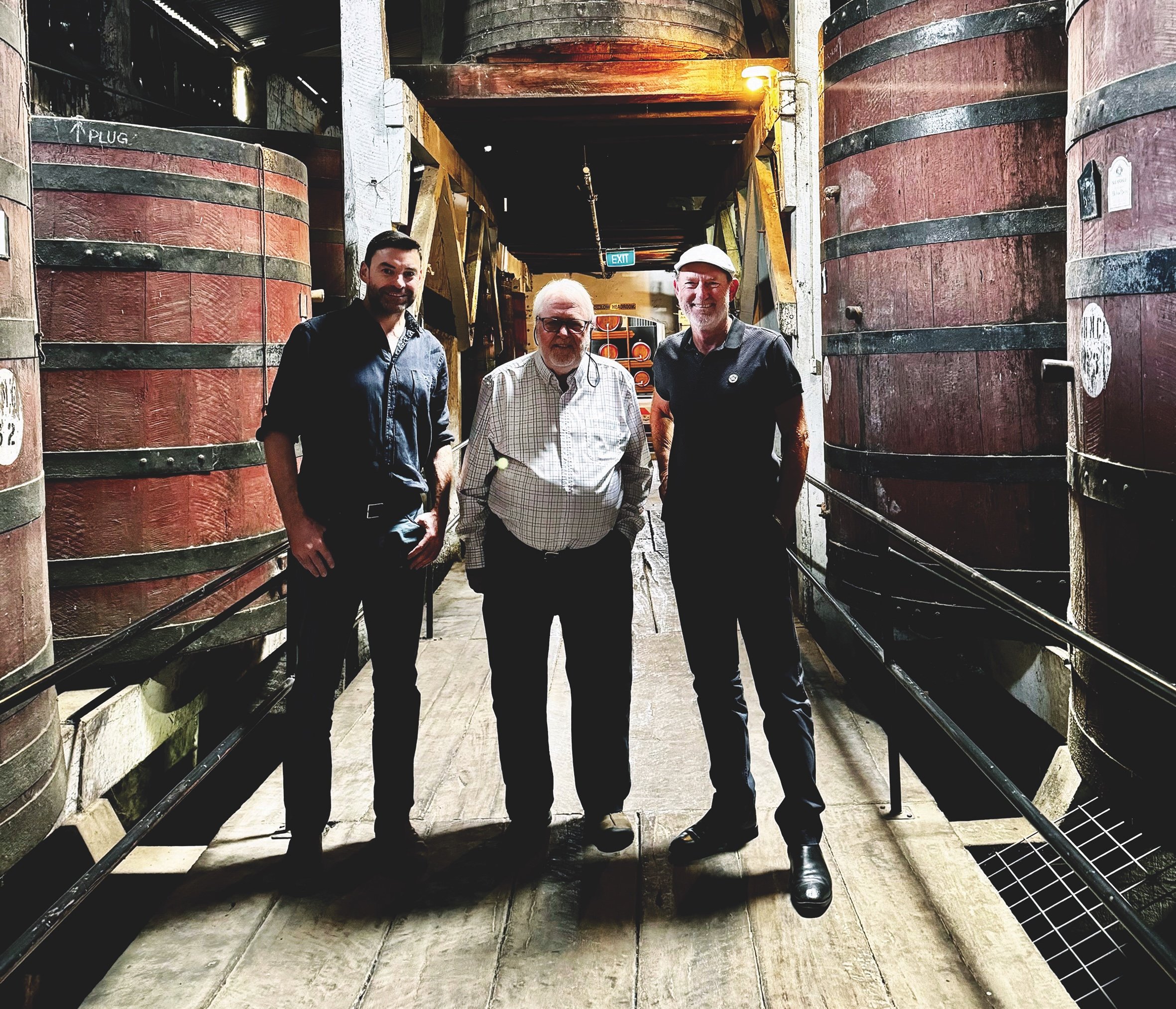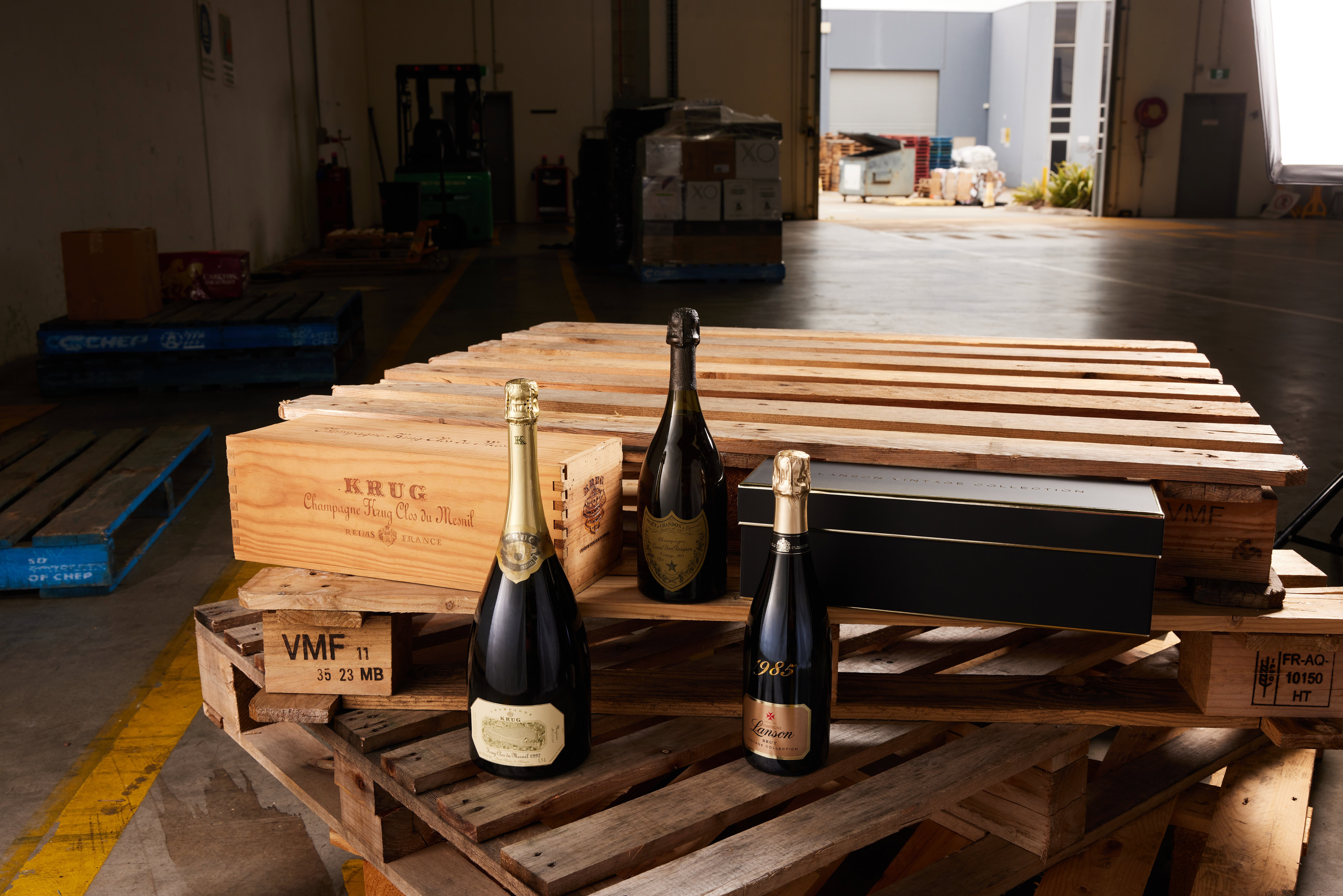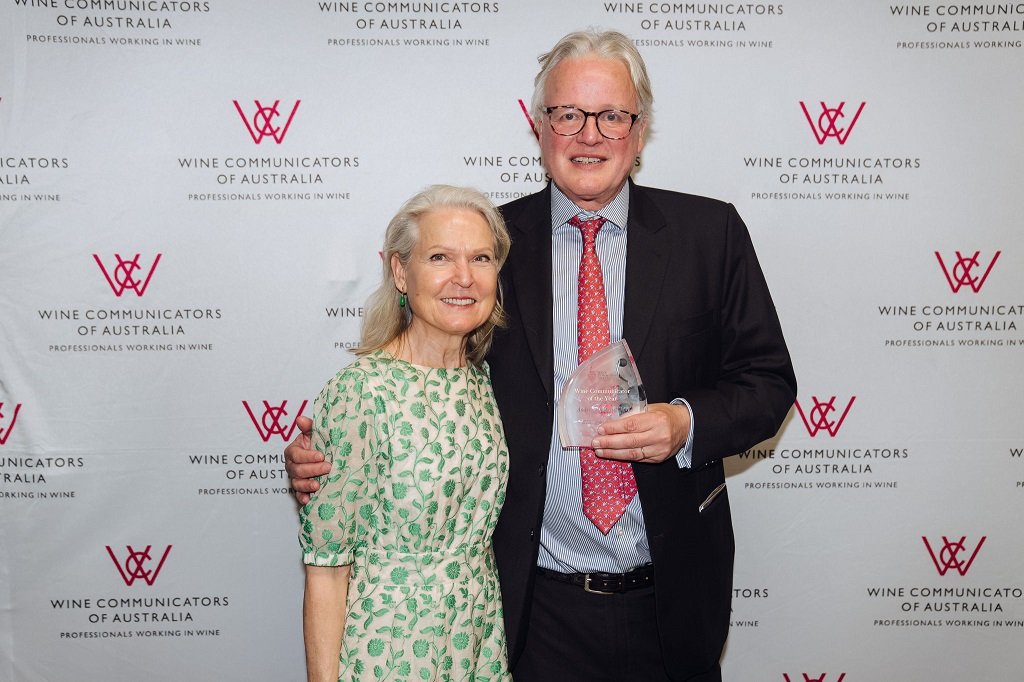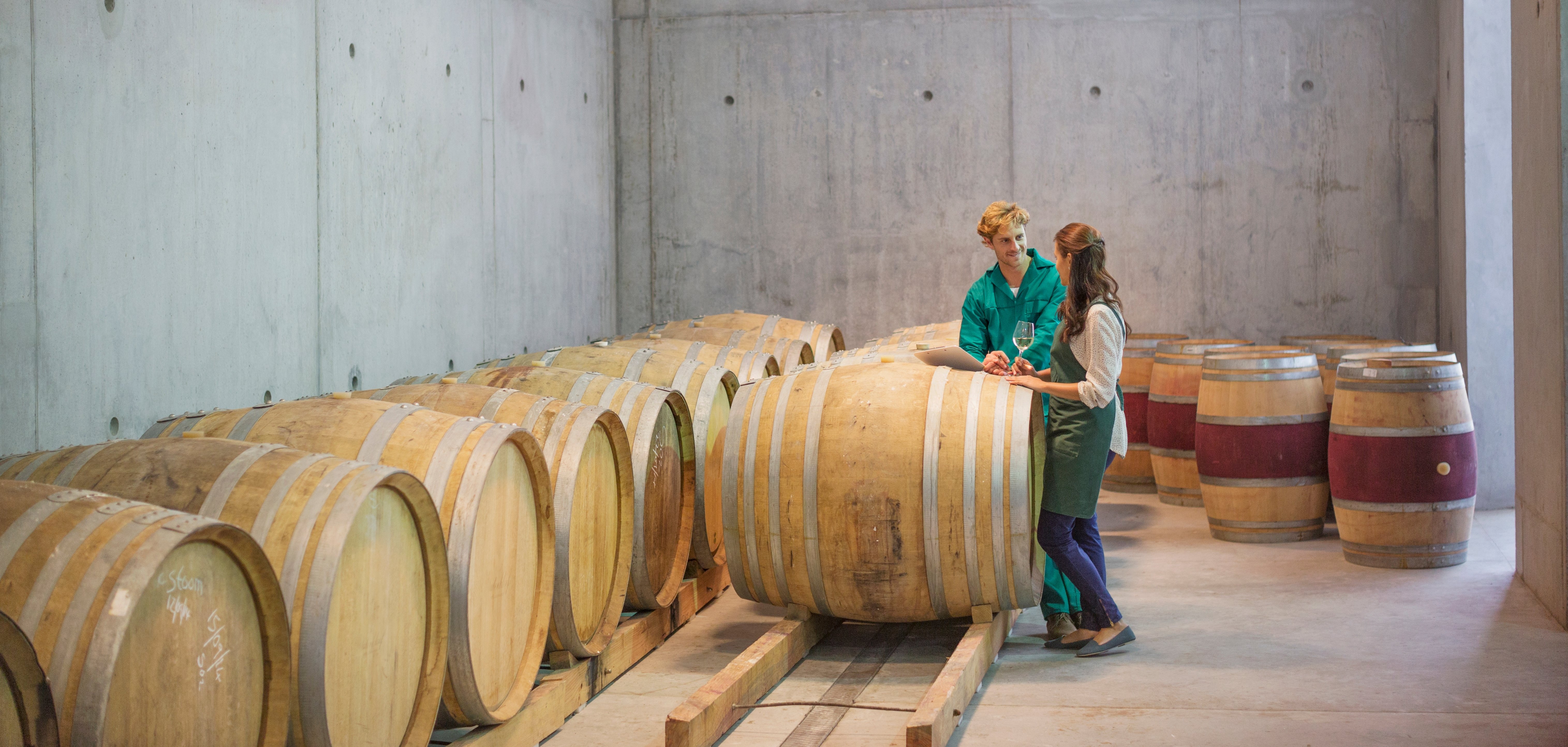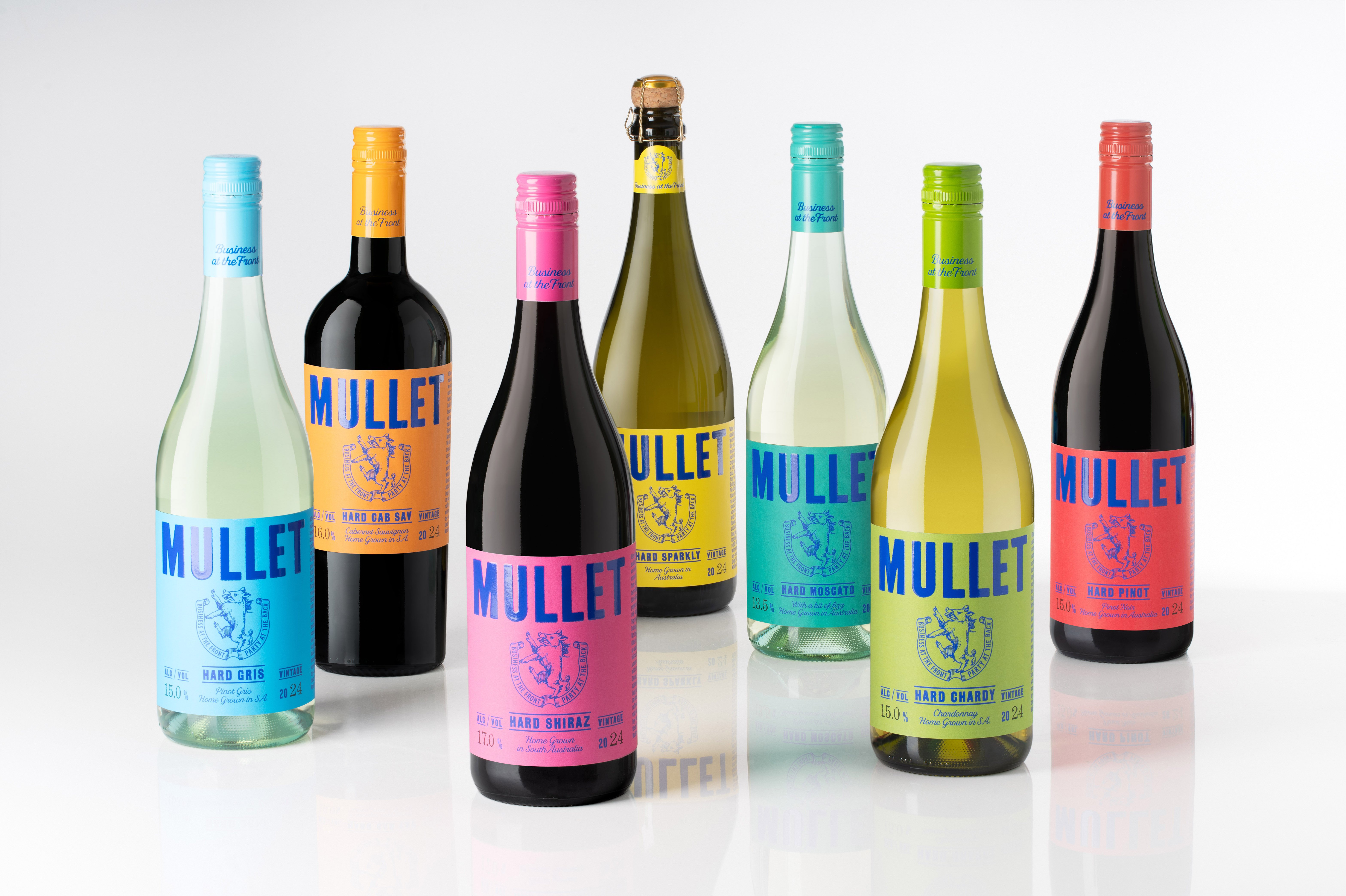Wine Australia and Australian Grape & Wine are celebrating Saturday's signing of the much-awaited trade agreement between Australia and India but Australian distilleries have been left out.
The agreement was signed by Prime Ministers Scott Morrison and Narendra Modi on Saturday and Australian Grape & Wine’s Tony Battaglene said, “This agreement is a positive first step in our sector’s market-diversification agenda as we seek to recover from the loss of the market in China.”
“The agreement is beneficial for very high-value wine producers, many of which are small and medium-sized businesses. They will now have confidence to explore new opportunities in the Indian market as the staged tariff reductions are implemented” said Mr Battaglene.
However, a spokesperson from Spirits & Cocktails Australia said, “While there are some concessions for wine, tariffs on spirits exports (from Australia to India) remain unchanged….The doesn’t appear to be much for us to celebrate… yet! Fingers crossed we can get some changes made before the FTA is finalised.”
The common customs tariff on wine imported to India is 150 per cent, making it a challenging market for imported wine.
Under the agreement, tariffs on Australian wine with a cost, insurance and freight (CIF) value of over USD$5 per 750ml bottle will decrease to 100 per cent upon entry into force, with a further phased reduction of 5 per cent per year for 10 years down to 50 per cent.
While tariffs on Australian wine with a CIF value of over USD$15 per 750ml bottle will decrease to 75 per cent upon entry into force, with a further phased reduction of 5 per cent per year for 10 years down to 25 per cent.
Pernod Ricard's Chairman & CEO, Bryan Fry was positive that wine was included in the FTA but says as it currently stands, it will not impact Pernod Ricard's wines.
"It'd be fair to say that we're disappointed with what the outcome is because actually, if you look at it, it only supports two per cent or less than two per cent of current wine exports to India. At the moment we [Pernod Ricard] are 70 per cent of Australian wine in India. We've been investing there for over twenty years. Pretty much the deal, doesn't impact us," he said.
In 2020, India was Australia’s seventh largest trading partner, two-way trade between the two nations was valued at $24.3 billion.
Wine Australia General Manager Corporate Affairs and Regulation Rachel Triggs said, “There is potential for growth in the sale and consumption of Australian wine in India with Australia already having the greatest share of the imported wine market. In particular, the AI ECTA will make India a more viable proposition for small to medium winemakers who have not previously contemplated entering into that market.
“The wine culture in India is maturing as consumers discover and learn more about wine. It’s exciting to contemplate Australian winemakers playing a role in that maturation, and the AI ECTA will make it easier for them to do so."
In the 12 months to the end of December 2021, Australian wine exports to India increased by 81 per cent in value to $12 million. Volume also increased by 71 per cent to 2.5 million litres, and 74 per cent of this volume of wine was red wine.
On Saturday Prime Minister Modi said that it had been a short turn around time to the signing the FTA and that the speed with which is was signed is indicative of the mutual trust between the two nations.
“This is a watershed moment for our bilateral relations with immense potential for our economies,” said Mr Modi.
He also thanked former Prime Minister Tony Abott, saying that thanks to his efforts, the agreement “could be accelerated”.
Trade Minister Tehan had wanted to sign the agreement before Christmas 2021 and last week, Prime Minister Scott Morrison announced $280 million in additional investment following a virtual summit with Prime Minister Narendra Modi. At the meeting, the two leaders welcomed the progress in CEPA negotiations.
Prime Minister Scott Morrison said, “This agreement opens a big door into the world’s fastest growing major economy for Australian farmers, manufacturers, producers and so many more…
“By unlocking the huge market of around 1.4 billion consumers in India, we are strengthening the economy and growing jobs right here at home."
AGW's Mr Battaglene sees this as the first step in developing the longer term relations between the two nations. He said, “We want to work with our Indian counterparts to share expertise and engage in technical and regulatory cooperation over the long-term.”
“As the relationship develops, we hope to further improve market access arrangements to benefit both Indian consumers and our respective grape and wine sectors”.
Wine in India
- According to IWSR, Australian wine held a 42 per cent value share of the imported wine category in India in 2020, well ahead of Italy (14 per cent), France (12 per cent) and Chile (11 per cent).
- IWSR reports that 72 per cent of the volume of wine consumed in India is produced domestically.
- Euromonitor International reports that a rising middle class, increasing urbanisation, an inclination towards imported wine, and a shift in consumer preferences from hard spirits towards wine are expected to drive wine consumption in the forecast period, which is predicted to reach 55.5 million litres by 2025, up from 29.2 million litres in 2020.
Share the content



